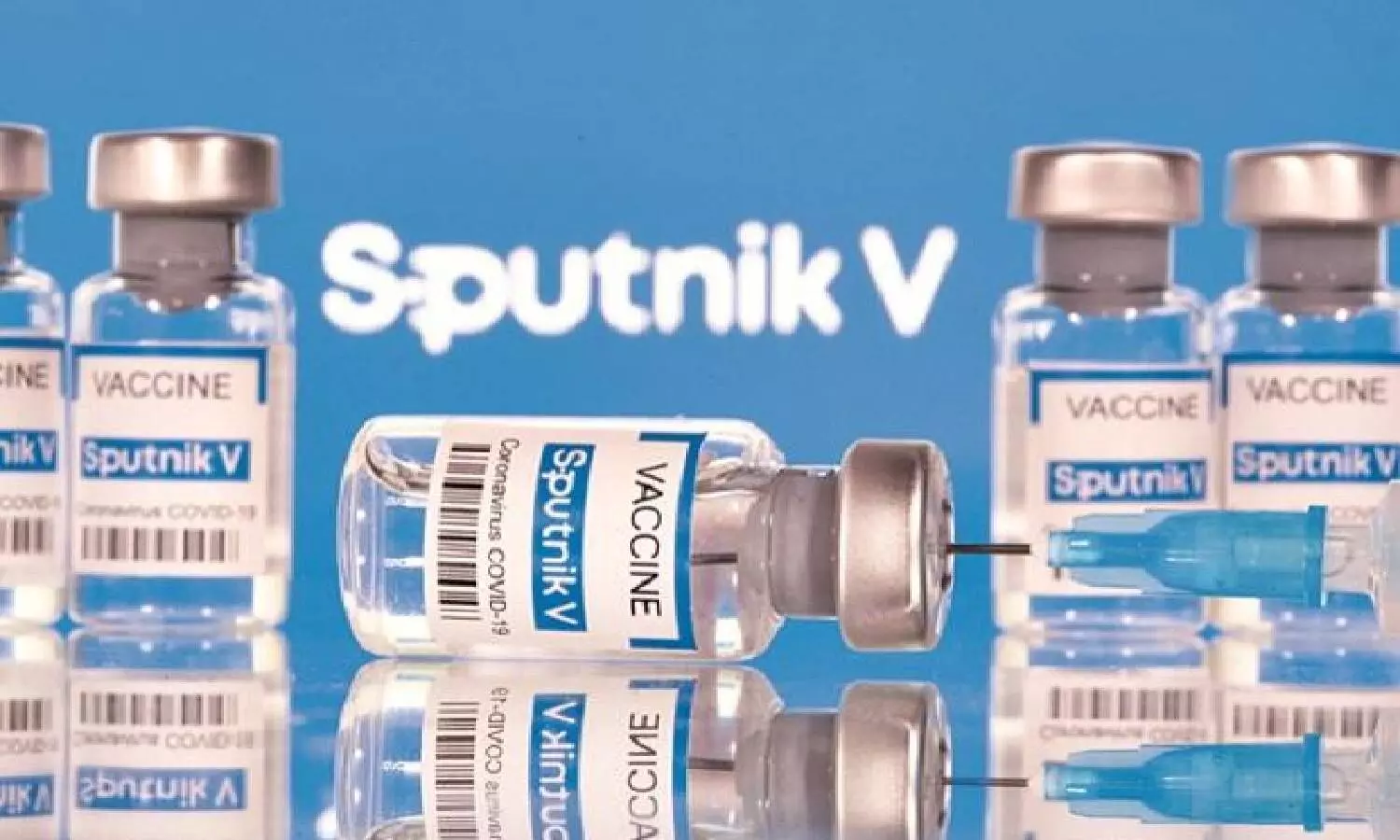Sputnik V manufactured by Hyd- based Dr Reddy's lab gets emergency use nod
Apart from Dr. Reddy's Lab, Hyderabad based-Virchow Biotech Private Limited and Hetero Biopharma will produce up to 200 million doses per year and 100 million doses per year each of Sputnik V vaccine
By Newsmeter Network
Hyderabad: The Subject Expert Committee of the Drugs Controller General of India (DCGI) on 12 April recommended Sputnik V, the COVID-19 vaccine developed by Russia's Gamaleya Institute and manufactured by Hyderabad-based Dr. Reddy's, for emergency use.
This is the third COVID-19 vaccine approved by the Subject Expert Committee (SEC) after Covishield and Covaxin.
Sputnik V, manufactured by Dr. Reddy's, has the highest effectiveness, 91.6 per cent, after the Moderna and Pfizer shots. Dr. Reddy's had applied on 19 February for emergency use of the vaccine which is in phase 3 of clinical trials in India.
After the Subject Expert Committee's recommendation, the vaccine has to get the green light from the Drug Controller General of India before it can be widely used to inoculate citizens.
Apart from Dr. Reddy's Lab, Hyderabad based-Virchow Biotech Private Limited and Hetero Biopharma will produce up to 200 million doses per year and 100 million doses per year each of Sputnik V vaccine, the world's first registered vaccine against the novel coronavirus, in India.
The Russian Direct Investment Fund (RDIF) which partners with Virchow Biotech Private Limited and Hetero Biopharma claimed that the uniqueness of the Russian vaccine lies in the use of two different vectors based on the human adenovirus which allows for a stronger and longer-term immune response as compared to vaccines that use only one vector for two doses. Some preliminary data on volunteers on the 42nd day after the first dose (equivalent to 21 days after the second dose), when they have already formed a stable immune response, indicates the efficacy rate of the vaccine is above 95 per cent.
RDIF also said that the safety of vaccines based on human adenoviruses have been confirmed in more than 75 international publications and more than 250 clinical trials conducted during the past two decades, while the history of the use of human adenoviruses in vaccine development started in 1953.
In India, Sputnik V trials are on for around 1,600 people between the ages 18 and 99.